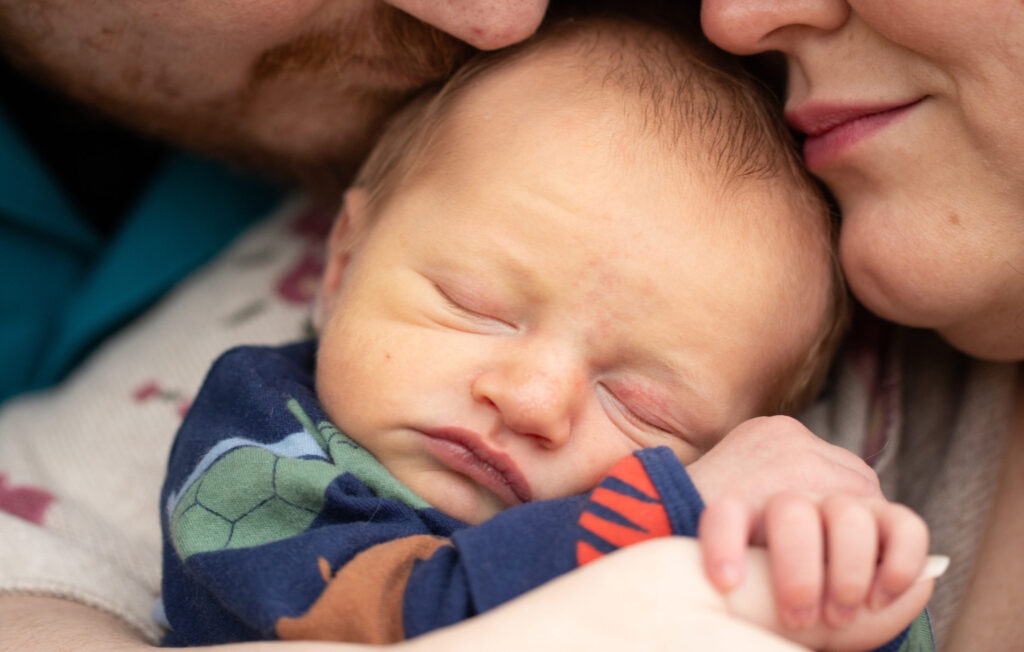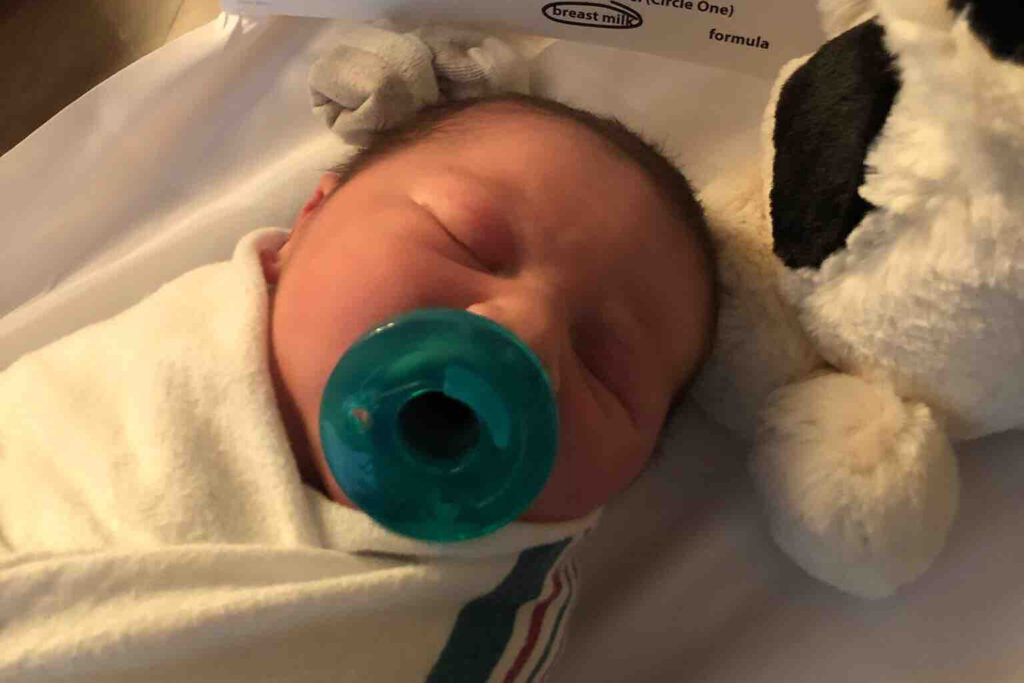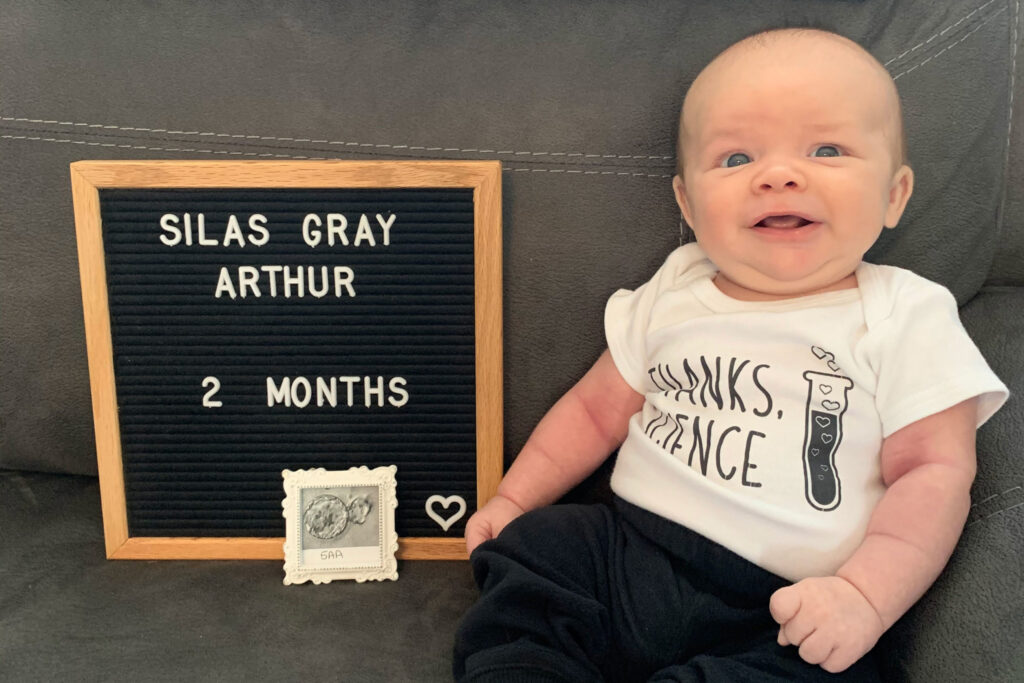The role of wearable technology for fertility monitoring
 Advances in reproductive technology continue to allow our Nashville fertility clinic to stay on the forefront of infertility treatment. For more than 45 years, assisted reproductive technology has progressed and changed, allowing our doctors to offer enhanced infertility solutions for our patients. The latest development in this area comes in the form of wearable technology for fertility monitoring.
Advances in reproductive technology continue to allow our Nashville fertility clinic to stay on the forefront of infertility treatment. For more than 45 years, assisted reproductive technology has progressed and changed, allowing our doctors to offer enhanced infertility solutions for our patients. The latest development in this area comes in the form of wearable technology for fertility monitoring.
Exploring wearable technology for fertility monitoring
Wearable technology for fertility monitoring offers patients a way to track ovulation, which is essential to conception. Normally, a woman will ovulate a single egg each month, around the same time every month. Knowing when that egg will release makes it possible to time intercourse so that the egg and sperm are more likely to meet.
Today’s wearable tech for tracking ovulation monitors things like body temperature, heart rate, electrolyte levels in cervical fluid, and hormones in urine. Using these devices consistently over time can make it possible to predict ovulation ahead of time – assuming that a woman’s fertility is normal, and her menstrual cycles are regular.
The concept of fertility tracking isn’t a new idea. For years, women have charted their cycles, monitored their cycles, watched for signs of ovulation and purchased ovulation predictor kits that monitor hormones in urine. With the rise in fitness monitors and smart watches, which can measure things like your step count, sleep, and heart rate, it was only a matter of time before wearable technology for monitoring fertility followed suit.
A growing variety of options are now available for fertility tracking at home.
- Health apps. These days, you can find a phone app for just about anything, including fertility tracking. For instance, women can monitor ovulation, menstrual cycles and other female fertility symptoms with a smart watch, phone and apps such as Period Tracker, Glow and Fertility Friend.
- Wearable technology. Devices from bracelets to tampon-like, insertable monitors take the guesswork out of fertility monitoring by analyzing skin temperature, sleep cycles, resting pulse and other factors to provide details related to fertility.
When to seek help to conceive
If you’re using fertility tracking technology and finding that your ovulation is irregular, or if you seem to be timing sex perfectly around ovulation but not getting pregnant, it’s a good idea to see our Nashville fertility doctors for testing. Ovulation is just one part of achieving pregnancy, and many other factors can come into play, including uterine abnormalities, egg quality issues, or problems with sperm count or quality.
Wearable technology for fertility monitoring can be a good starting point if you’re trying to conceive, but don’t wait too long to get help if pregnancy isn’t happening on the timeline you want. Our Nashville fertility clinic team can help you explore all your options. Contact our office to schedule an appointment.







